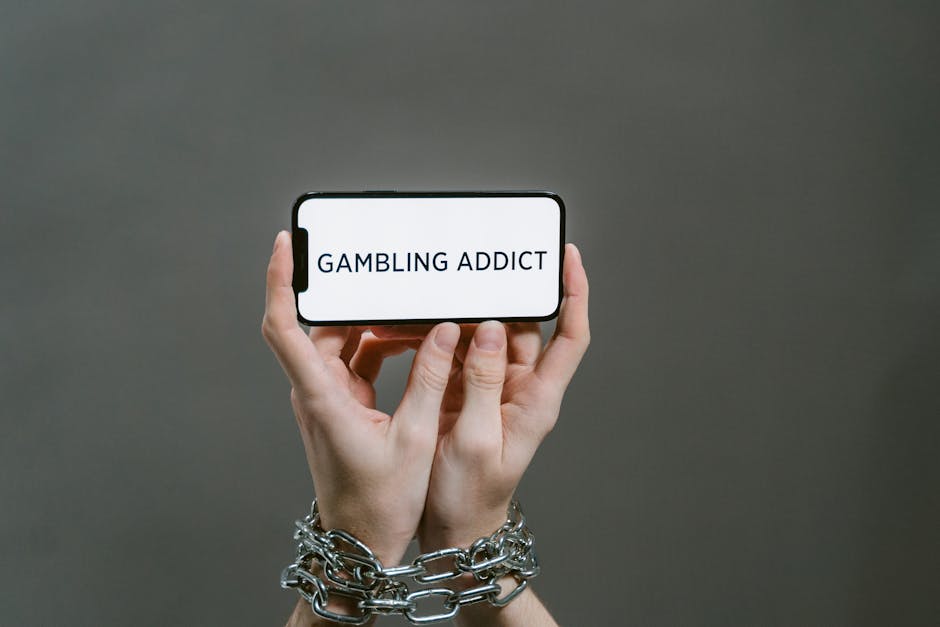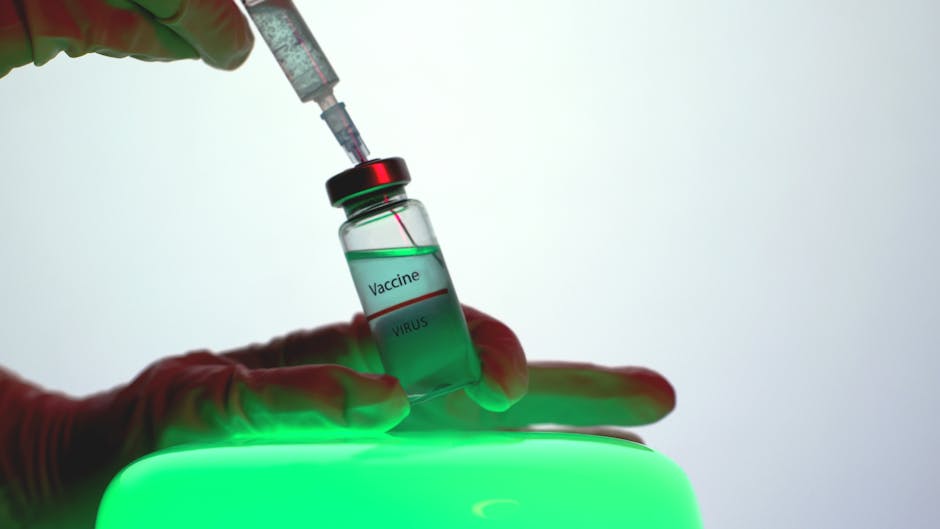What Even Is 3282253992?
Stripped down, 3282253992 looks like any ordinary tendigit phone number formatted without dashes. But if you search it online, you’ll find pages of questions, discussions, and speculation. From unknown caller reports to bot activity, this number’s been flagged across various platforms.
Many users report that they receive missed calls or onering hangups from 3282253992—typical tactics in phone scams. In some online communities, the number’s been pasted repeatedly in comments and spamlike posts, which raises questions about whether it’s linked to bot activity or some underground marketing scheme.
In cybersecurity speak, a number like this can indicate a robocall campaign, a spoofed caller ID, or just plain data scraping gone wrong. It doesn’t take a hacker to pull off something like this, either. Plenty of spam call operations are automated, lowcost, and require minimal tech knowledge.
Why These Numbers Matter
You might be thinking, “It’s just a number; I’ll ignore the call.” Good instinct—but it goes deeper. Small touchpoints like 3282253992 can reveal loopholes in digital systems. When a number appears across unrelated places online, it points to a systematic issue—be it data harvesting, bot testing, or user manipulation.
Patterns like this usually don’t show up unless there’s a motive. That could be gathering user data (Who picked up? What time? How long did they stay on the line?). Or it could be about gauging viral spread of information—like how fast one mention of 3282253992 travels through social media.
The Spam Call Economy
Spam calls aren’t just annoying; they’re big business. Companies and scammers both use autodialers, spoofed numbers, and large databases of contacts to reach as many people as possible. Each call costs next to nothing to make, so even a small response rate turns a profit.
Numbers like 3282253992 are often recycled, meaning they won’t stay linked to a single campaign. One month it might be a political survey, the next a fake IRS call. There’s little regulation or tracking that truly prevents this.
What makes this one stand out is how often it shows up across platforms. When a number appears in discussion threads, on caller ID logs, and in botlaced social media posts, it’s worth pausing to take a closer look.
Don’t Just Block—Act
Blocking a number like 3282253992 deals with the surface problem but doesn’t hit the root. Many of these calls are made using “spoofing,” a technique where scammers fake the number that appears on your screen. So, even if you block this one, you’ll likely get a new variation soon.
Instead, install a reputable callfiltering app. These tools identify and flag spam before you answer. Some integrate community reports so you benefit from collective knowledge. Also, report suspicious numbers to your nation’s telecom regulatory body. In the U.S., that’d be the FCC; in the UK, Ofcom.
And don’t overlook common sense: if a voicemail asks for personal info or you’re redirected to a weird website, exit quickly. Scammers rely on confusion and panic—clarity is your best defense.
The Psychology of Curiosity
There’s a reason you might have searched 3282253992 instead of ignoring it. Humans want to solve mysteries—even if they’re minor, like tracing a phone number. Brands and scammers both bank on this instinct. It’s why clickbait works and why people fall for advanced phishing attempts that “feel” familiar.
The danger lies in how far you go. Clicking a shady link? That could open up your device to malware. Engaging with a scam call? Your number gets flagged as “responsive” and sold further. Scrolling through page after page of unverified info? You’re feeding into the chaos rather than solving it.
How To Stay a Step Ahead
Numbers like 3282253992 serve as reminders that monitoring your digital life matters. Here’s a quick checklist to stay sharp:
Keep your phone’s OS and apps uptodate. Security patches matter. Avoid answering unknown numbers. If it’s important, they’ll leave a voicemail. Use callfiltering tools. Services like Hiya or TrueCaller help sort the noise. Don’t engage with suspicious calls. This includes calling back. Report sketchy numbers. File with your telecom authority. It adds up. Check your phone account for unusual charges. Sometimes these numbers tie back to premium rate scams.
Final Word on 3282253992
It’s easy to gloss over things like 3282253992—just another bizarre internet blip. But odd patterns like this are worth watching. They point to deeper shifts in how scammers reach us and how data flows through internet networks.
Stay curious, but also stay cautious. You don’t need to be paranoid—just informed. The more you know, the less likely you are to get caught off guard. So if that number pops up again, now you know: it’s not just random.




